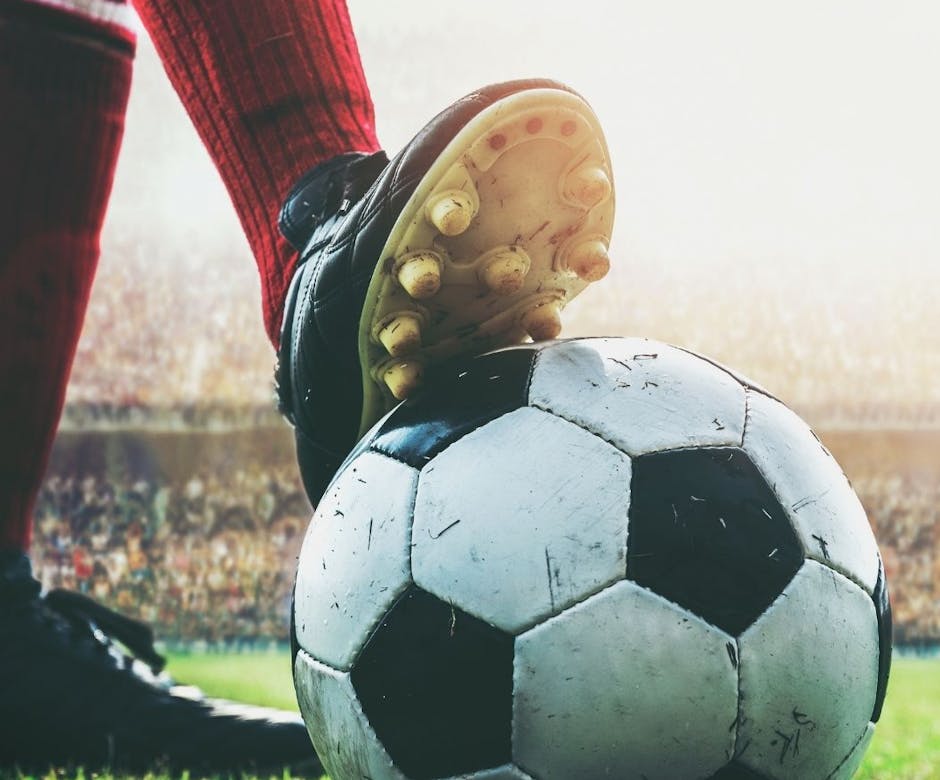Soccer Injury Prevention & Advice

Soccer involves huge amounts of running and agility, places the feet, ankles and knees under huge amounts of stress. This can result in both acute and chronic injuries.
Choosing the correct boot is crucial for a soccer player. New football boots are getting lighter and lighter allowing you more speed and flexibility.
Typically boots are divided into 2 categories
- light and fast
- comfort and support
Boot Upper Material (Top part of the boot): Typically leather will be the most friendly as it is both breathable and moulds to your foot. These have to be well maintained in order to stay in the best condition. Synthetic materials on the other hand are much easier to maintain, however are less forgiving regarding the fit.
Ball Grip Design: On the boots upper (top of the foot), there will be various designs aimed at providing better ball control. This is very specific to the individual, but may be worth considering if you are often playing on a wet ground.
Sole Design: Picking this will depend on the grounds you play on. Boots for hard ground will have a greater number of smaller studs, The soles of soft ground boots are often made from similar materials to a pair of runners. Some boots have very thin soles to minimise their weight, however due to the lack of shock absorption, can lead to injuries such as bruising and even stress fractures when playing on a hard ground.
Aswell as providing footwear advice, we will analyse your foot type, and other biomechanical factors to determine the predisposing factors you may have that can lead to injury.
A biomechanical assessment will involve:
- Analysing your foot type
- Analysing your gait (the way you walk)
- Checking your muscle strength
- Checking your flexibility and the available motion through your joints – specifically looking for any restrictions or characteristics of hypermobility
- Analysing your footwear and recommend footwear suitable for you and your feet
- Assessing and treating any previous injuries
A podiatrist will be able to assist you perform to your highest potential and prevent injury by optimising the way that your foot functions by strengthening weak muscles, stretching tight muscles, optimising joint stability and improving your gait through taping, strapping, orthotic therapy, and support bracing.